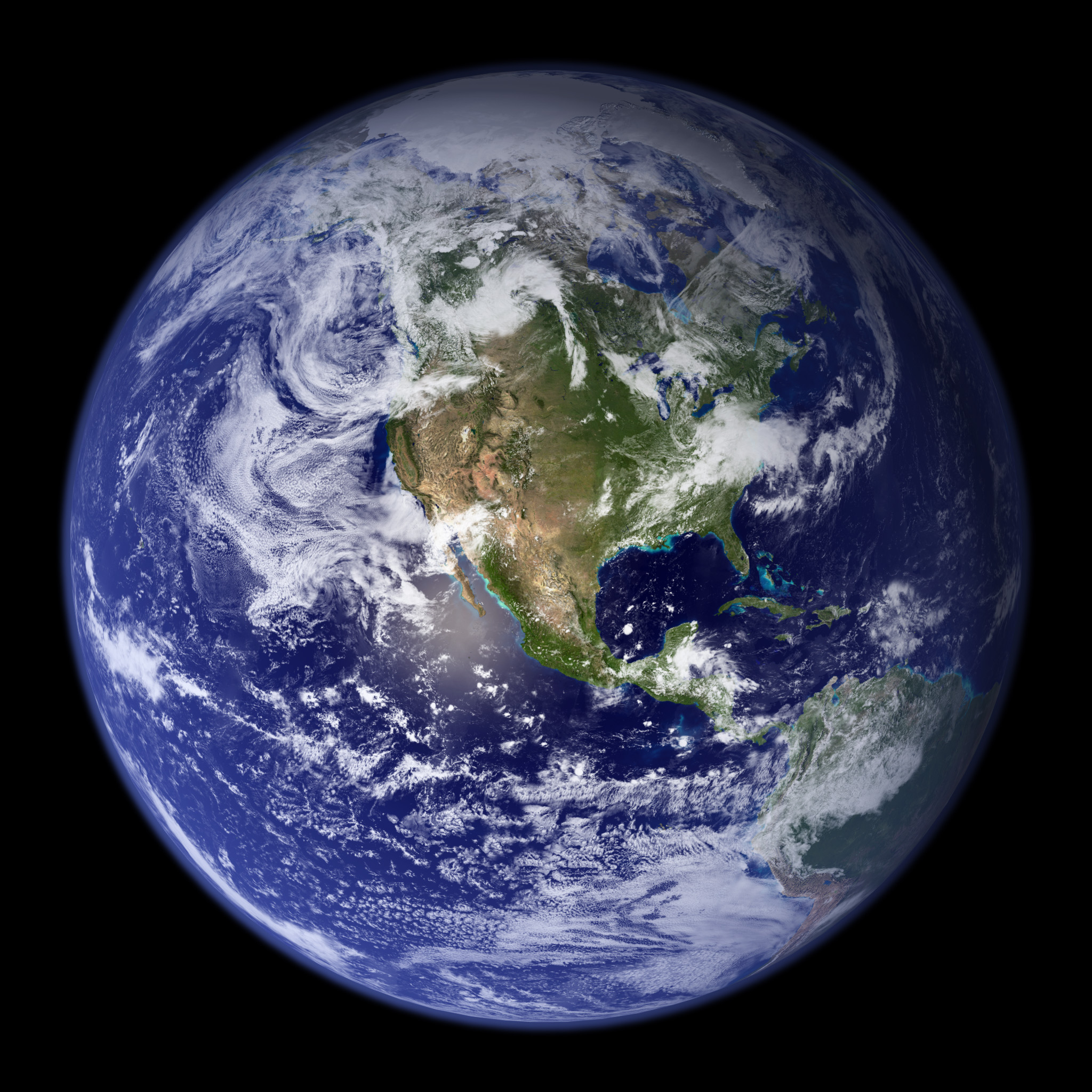September 8, 2014 - 17:54

 "... I lay myself
"... I lay myself
in the riffle where stream
meets river, water warmed all day
and still cold, current pulls, finger bones
tremble. I hang onto rocky bottom
long as I can, then give way,
body rushing downstream
to steadier water"
-from "Angels"
Clare placed this poem after The Mountain and before Part I. I see it as a perfect transition from thinking of the mountain as a metaphor for his triumphs and struggles, to thinking of the earth and the physical rise and fall of the ground as an extension of his body. This poem illustrates both the tension and flow that come with living in a body and living in our environments. In that way, yes, the mountain is his personal identity, but it's also an identity shared by all people no matter their differences.
Rebecca's webby post resonated with me because of the imagery of bones and emotions shared by all people. This poem I think takes that idea in a slightly different direction by saying that our identities stem from a place separate from the bodies that hold us. A significant part of Clare's identity, which several of us have discussed already, is his physical home and in his roots in rural culture.
Another connection I found interesting was about the continuity of bones throughout Exile & Pride. "finger bones tremble," illuminates the connection between embodied space, personal identity, and collective identity. Maybe it's because of my connection with nature, but the imagery of being on the mountain and being one with the river and the earth while still recognizing the rocky relationship between the two is dynamic and satisfying to think about.
Because of the ambiguous nature of this earth-to-self connection, the username I chose for Clare is free of age, gender, sexuality, and ability, and pulls on Riva's idea of circles as disallowing of hierarchies of power and value, and instead connecting all identities in a way that's unweighted.
...
I got up and walked around and thought about this a bit more, and I'm realizing that having a wholly collective and all-encompassing identity may erase parts of a person that are important to recognize. I hope by choosing a name that disconnects Clare in some ways from parts of his identity that he holds close, I'm not making them invisible. This is something we talked about a bit in Disability, Identity, Culture today. I hope we can continue the conversation about visibility and invisibility and discuss the importance of unification within queer and disabled communities and the potential danger of lumping identities together.
